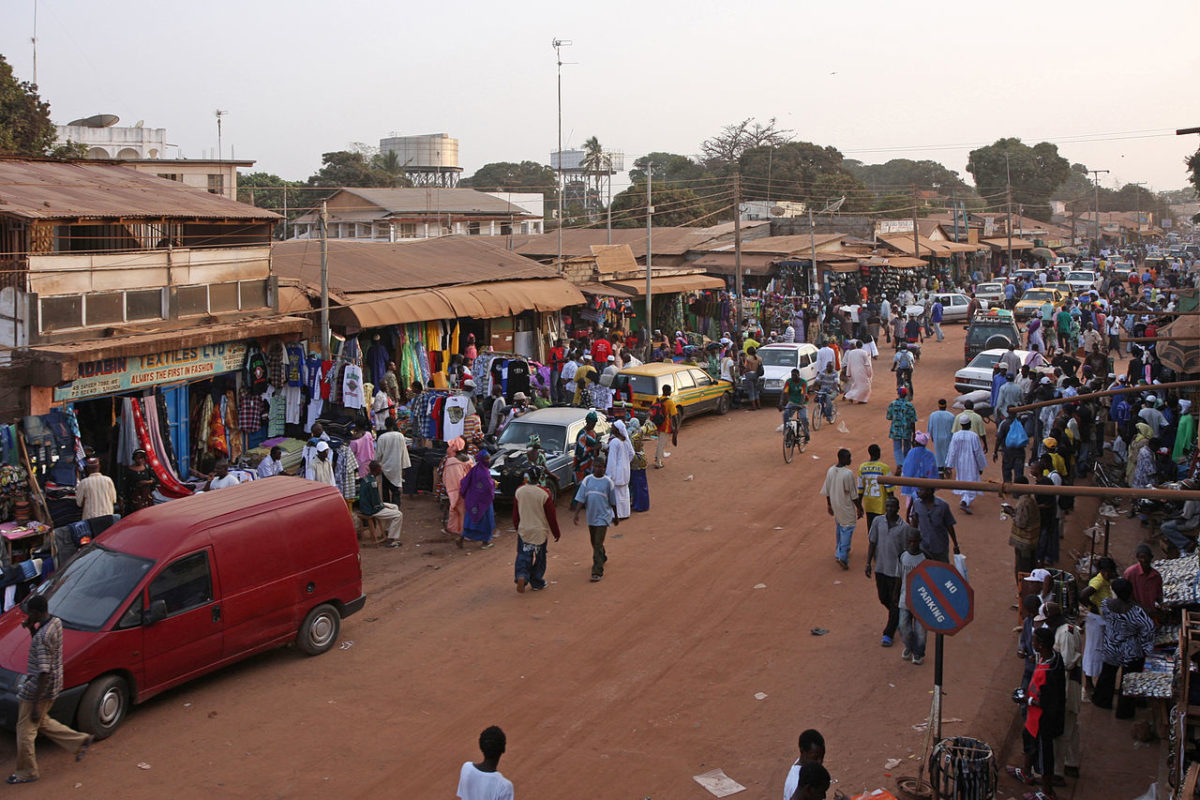Gambia’s power utility National Water and Electricity Company (NAWEC) has launched a request for expressions of interest to select companies to provide assistance in conducting feasibility studies for the viability of three different types of solar project across the country: grid-connected PV projects; hybridized PV projects with existing power plants; and off-grid PV installations.
The assistance includes, among other things, analysis of the existing generation and demand, assessment of solar resources, risk analysis and mitigation plan
The feasibility studies will be financed by the World Bank, with additional funds coming from the Gambia Electricity Support Project, whose aim is to increase the availability and reliability of electricity supply for existing customers in the Great Banjul Area (GBA); Gambia’s westernmost region, suffering continuous shortages in the supply of water and electricity.
The project also intends to help NAWEC improve its generation capacity and efficiency at the existing Kotu and Brikama thermal power plants located in the GBA, and to modernize the local transmission and distribution network. The country’s electricity network consists mainly of mini-grids, which the government hopes to improve by making them into hybrid mini-grids integrated with renewable energy generation capacity.
The small African country, which still relies heavily on oil for its transport and power sector, has drafted a Renewable Energy Act in 2013, after the Ministry of Energy of the Gambia completed a Renewables Readiness Assessment (RRA) with the support of the International Renewable Agency (IRENA) and the ECOWAS Regional Centre for Renewable Energy and Energy Efficiency.
The legislation would include in theory simplified administrative and grid-connection procedures, fiscal breaks and other incentives (FITs and PPAs) for solar and renewable energies. According to IRENA, however, inadequate financial, human and institutional resources are preventing these plans from being implemented.
In late February, the African Development Bank (AfDB)-managed Sustainable Energy Fund for Africa (SEFA) approved a $1 million grant to the government of Gambia for implementation of a program to facilitate private investments in green mini grids through the creation of an enabling policy, institutional and regulatory framework, as well as direct support to project development and financing.
This content is protected by copyright and may not be reused. If you want to cooperate with us and would like to reuse some of our content, please contact: editors@pv-magazine.com.




1 comment
By submitting this form you agree to pv magazine using your data for the purposes of publishing your comment.
Your personal data will only be disclosed or otherwise transmitted to third parties for the purposes of spam filtering or if this is necessary for technical maintenance of the website. Any other transfer to third parties will not take place unless this is justified on the basis of applicable data protection regulations or if pv magazine is legally obliged to do so.
You may revoke this consent at any time with effect for the future, in which case your personal data will be deleted immediately. Otherwise, your data will be deleted if pv magazine has processed your request or the purpose of data storage is fulfilled.
Further information on data privacy can be found in our Data Protection Policy.